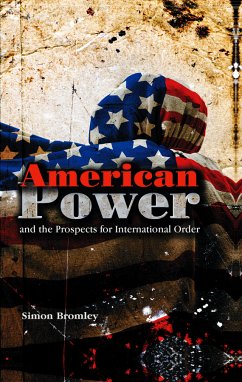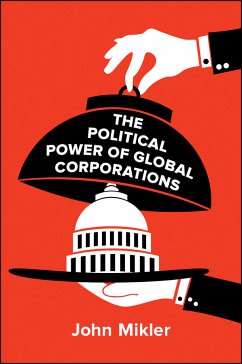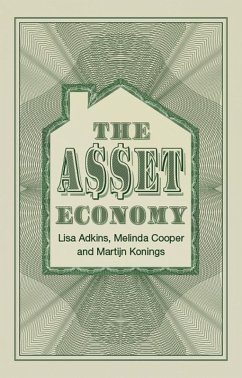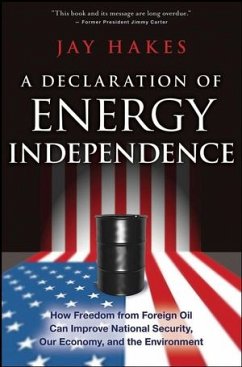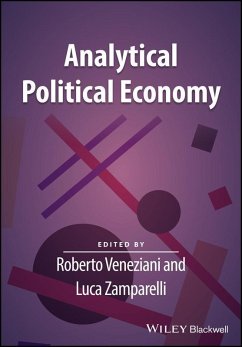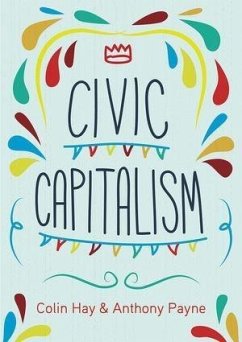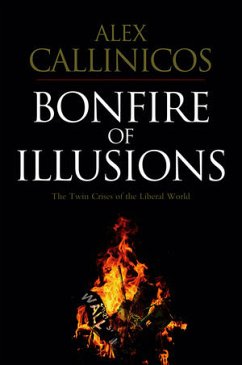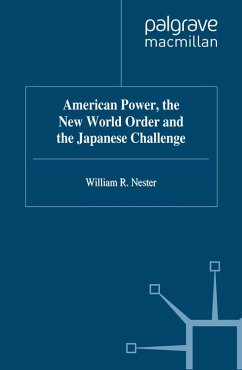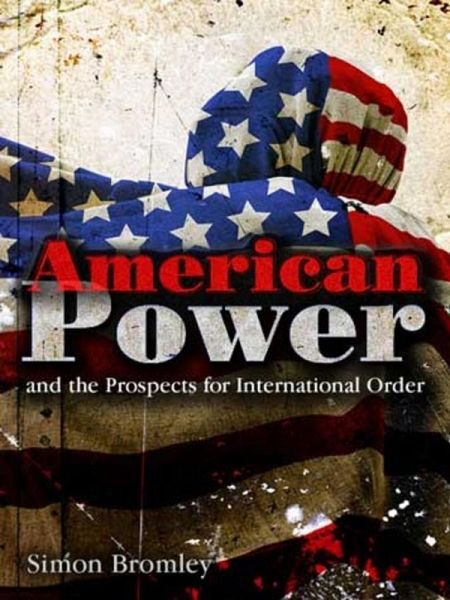
American Power and the Prospects for International Order (eBook, PDF)
Versandkostenfrei!
Sofort per Download lieferbar
19,99 €
inkl. MwSt.
Weitere Ausgaben:

PAYBACK Punkte
0 °P sammeln!
The turn of the century has seen the US greatly enhance its military supremacy across the world. It has also played a key role in shaping the international economic order. More recently, however, its world-wide economic domination has started to diminish as other regions and countries have become globally important players.Simon Bromley brings a fresh perspective to these issues, arguing that it is as yet unclear whether the US will be capable of rising to the challenges posed by the new world order. He carefully examines the intricacies of these debates including the American ideology of a li...
The turn of the century has seen the US greatly enhance its military supremacy across the world. It has also played a key role in shaping the international economic order. More recently, however, its world-wide economic domination has started to diminish as other regions and countries have become globally important players.
Simon Bromley brings a fresh perspective to these issues, arguing that it is as yet unclear whether the US will be capable of rising to the challenges posed by the new world order. He carefully examines the intricacies of these debates including the American ideology of a liberal international order and the relation of this to the Bush doctrine; US power in the transatlantic arena and US-European integration in relation to the EU and NATO; and the geo-politics of oil. He looks at a range of challenges to US dominance, including the weakening of the dollar; the rapid growth and industrialization of Asia; and the strengths and weaknesses of Bush's foreign policy.
This book is set to spark debate amongst students and scholars of international politics, as well as appealing to anyone interested in the changing shape of the international order.
Simon Bromley brings a fresh perspective to these issues, arguing that it is as yet unclear whether the US will be capable of rising to the challenges posed by the new world order. He carefully examines the intricacies of these debates including the American ideology of a liberal international order and the relation of this to the Bush doctrine; US power in the transatlantic arena and US-European integration in relation to the EU and NATO; and the geo-politics of oil. He looks at a range of challenges to US dominance, including the weakening of the dollar; the rapid growth and industrialization of Asia; and the strengths and weaknesses of Bush's foreign policy.
This book is set to spark debate amongst students and scholars of international politics, as well as appealing to anyone interested in the changing shape of the international order.
Dieser Download kann aus rechtlichen Gründen nur mit Rechnungsadresse in D ausgeliefert werden.




